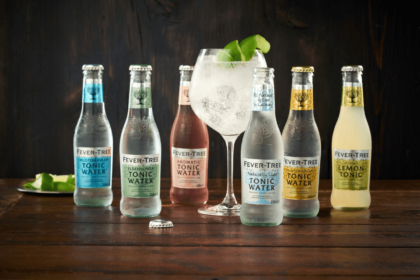Australians have been found to waste 89.5 Million Hours ‘On Hold’ Waiting For Customer Service
On average Australian’s have each spent an average of seven hours in the past 18 months trying to resolve issues or complaints, equating to 89.5 million wasted hours since June 2020.
The unresolved trauma of repetitive hold music, long wait times and the dreaded intermittence of a prerecorded apology for the hold-up is enough to make anyone’s blood boil.
Now new research reveals that the pandemic has increased our expectations of customer service.
But of course, many organisations (as people have found out the hard way) are failing to keep up.
Evidence of this comes as Lonergan research for ServiceNow shows the average time spent on hold to have increased 53 per cent since the pandemic started.
Results have also uncovered the three areas businesses need to lift service levels the most.
These areas were in speed, operations, and understanding and engagement.
Vice president and managing director, ServiceNow, Australia and New Zealand, Eric Swift, said, “Expectations around customer service are increasing, so it’s critical organisations raise their game.”
The Need For Speed
Speed is top of mind for customer service and having issues fixed quickly (51 per cent) was the most important factor when rating good customer service.
Delays and increasing time spent dealing with issues is a source of significant frustration for customers.
However, the good news is that when customers experience great service it has the power to transform their relationships with a brand.
Thereby customers are more likely to be loyal and likely to forgive future mistakes.
Swift added, “Customers are looking for a simple, streamlined and personalised service. They want issues to be solved quickly, without having to speak to multiple people or being transferred to different departments.”
A Recipe For Success, Depending On Your Age
In addition to speed, customers want businesses to understand them personally and to demonstrate their organisation is genuine in understanding and engaging with them.
But, different generations had major differences in what they deem as good service.
75 per cent of Baby Boomers believed speaking to someone was important for good customer service.
Contrastingly, only 33 per cent of Millenials and 16 per cent of Gen Z carried the same sentiment.
Winners And Losers
When trying to resolve issues or complaints, the industries ranked as having the best customer service were grocery and supermarkets (25 per cent), healthcare services (14 per cent), and the food and beverage sector (14 per cent).
Telecommunications (28 per cent) and government (25 per cent) were ranked as providing the worst service, followed by financial services (13 per cent).
The Blame Game
Australian customers identified key factors such as understaffing, overwhelmed teams, lack of authority and a dearth of ownership to be the crux behind bad experiences.
Summarising the research, Swift concluded, “This research shows that contacting customer service is all too often a frustrating experience.”
“Speed, delivery and engagement could all be drastically improved if companies adopted the right technology to better connect different teams and departments.”
This would allow customers to get what they want, quickly and easily.








